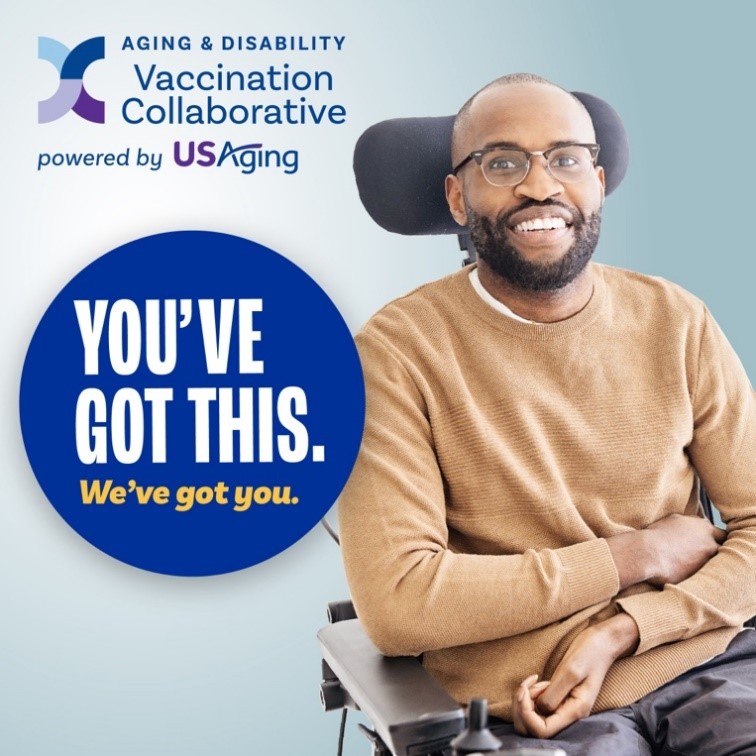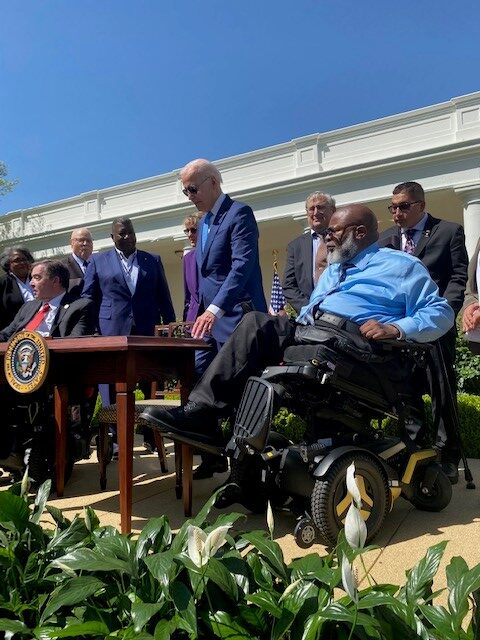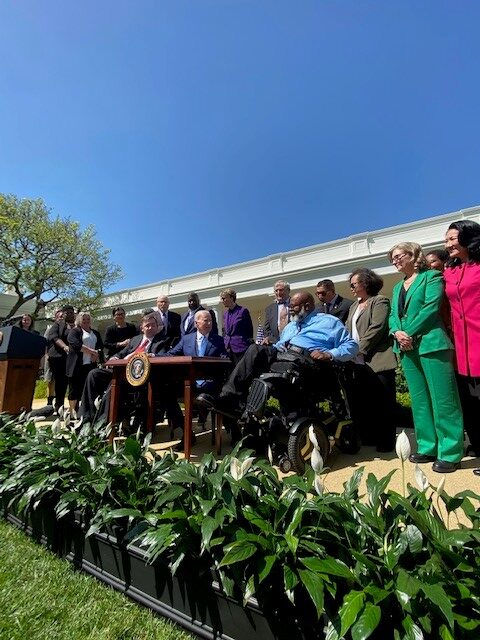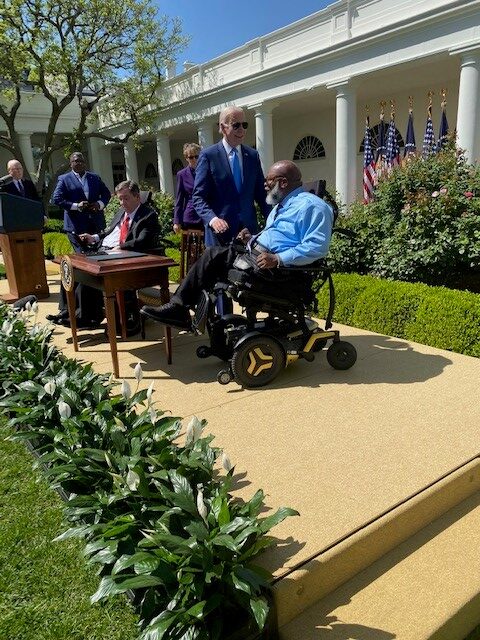To address the opioid crisis, several policies have been enacted that limit prescriptions. As a result, people in pain continue to face barriers to accessing medication and managing their pain. Our community is disproportionately affected by these policies because many people with disabilities live with serious or chronic pain.
In November 2022, the Centers for Disease Control and Prevention (CDC) issued a new updated Guideline for Prescribing Opioids, warning policymakers that limits on prescribing have caused harm to people living with pain.
Despite the CDC’s 2022 guidance, many who have relied on opioid medications, often for decades, continue to see their medication forcibly reduced or eliminated. Some have been denied medical care altogether. Physicians remain under pressure to reduce or discontinue long-term prescriptions, even for people who benefit from the medication. The harm caused by these policies, now documented in numerous studies, has ranged from increased pain to loss of function, to suicide or resorting to illegal substances.
The harm cannot be undone, but action now can stop further harm.
Therefore, NCIL has drafted two new letters to the federal government.
- Add your organization as a signatory (https://bit.ly/47JNAmA)
- Read Letter 1: Fees and FDA approval (https://bit.ly/4a6yclN)
- Read Letter 2: Barriers to Accessing Prescriptions and Telemedicine (https://bit.ly/3uHfGjH)
Our first letter will be sent to Congressional leadership, leaders of key committees, and sponsors of key bills.
[Read more…]





